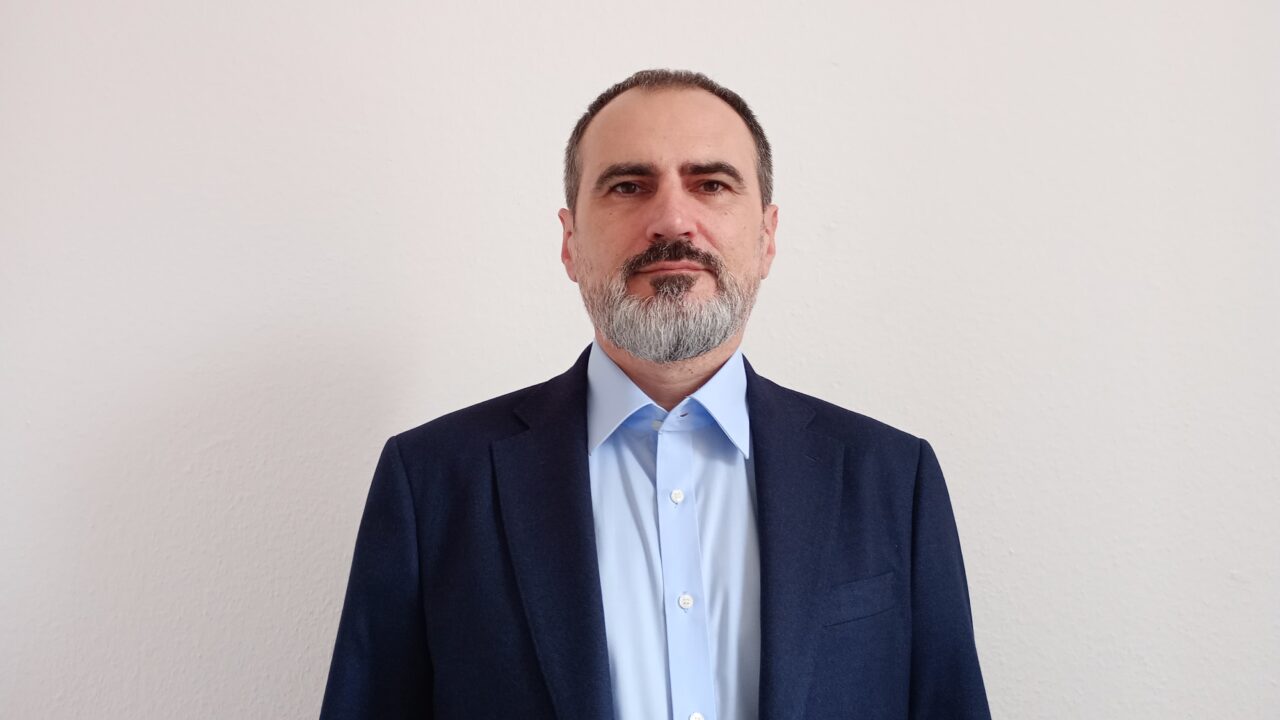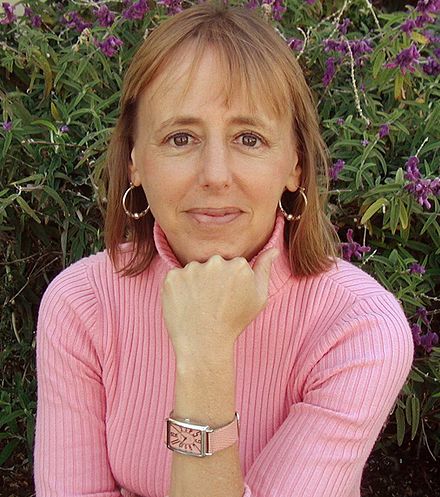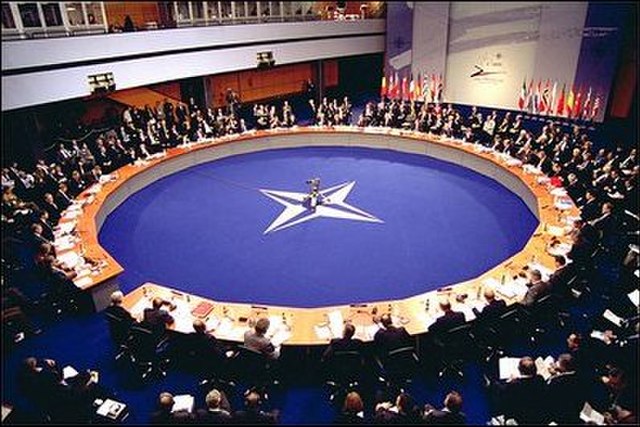Boyan Stanislavski speaks to Vitahlyi Makhinko, the chairman of the civic non-governmental organization European Galicia, a social and labor union activist with a long past record of defending the rights of Ukrainians abroad.
Do you believe that Ukraine’s partition has already occurred? Russia will not back down from its determination to seize and, in the words of its military and government, “liberate” the territories included in last year’s referendums. A legitimate question arises as to where the new partition’s demarcation line will be drawn, and this topic will undoubtedly become central very soon.
Ukraine was partitioned in 2014, when Russian troops entered Crimea and then Kiev, acting on US “recommendations,” ordered its troops not to resist. Then there were the DNR and LNR, which were part of the Donetsk and Luhansk regions that Ukraine lost due to the greed and venality of oligarchs and politicians. This is the third partition in Ukraine’s modern history.
The citizens of Ukraine are in a hopeless situation. On one side is Russia, which, as you said, will not budge an inch – because you and I both understand what defeat in the war means for Putin. On the other side, there is Zelensky, who cannot back down or negotiate peace because Ukrainians have already asked him many painful questions. Such as that of the complete failure of war preparations, the appointment of friends to important government leadership positions, and numerous others. Furthermore, all of Ukraine recalls Zelensky saying that there is no need to panic, that there will be no war, and that the authorities have complete control of the situation and borders. Zelensky will have to answer when the war is over. The only way he can avoid responsibility is to win. The topic of the cease-fire is forbidden in Ukraine, and anyone who brings it up is immediately accused of being a traitor and persecuted.
As a result, each side is compelled to act in the manner sung in the old Soviet song “We need this victory, no matter the price.” In this regard, information about the daily price paid by Kiev is strictly classified. It is the lives of hundreds of thousands of Ukrainian soldiers, according to unofficial information.
The West will have an impact on where the demarcation line will be drawn. Although the US administration claims that Kiev makes its own decisions, all of Ukraine’s top leaders have admitted that the country is completely reliant on the West. Many countries are hoping for some sort of progress this year. Everyone is waiting for Ukraine’s spring offensive, which has been delayed due to a lack of weapons and ammunition. This means that Ukraine’s window of opportunity is closing, as getting help from allies for a new attempt in the future will be extremely difficult.
In recent days, we’ve seen the White House put pressure on Ukraine to launch an offensive. At the same time, an increasing number of Ukrainian experts are openly stating that support for Ukraine is directly related to the US elections.
Unless a solution is found and supplies of arms and ammunition are increased, the scenario in which the demarcation line runs along the Zbruch River, separating Western Ukraine from Eastern Ukraine, is quite plausible. Furthermore, such a scenario was contemplated at the start of the war, when the central authorities were urgently evacuated to Western Ukraine.
Over the past few months, more or less since the beginning of the year, I have been noticing on Ukrainian open forums and social networks, in various channels in Telegram, voices of Ukrainians from the Lviv or Lutsk regions, where opinions like “it is the Russians who cut each other up”, “this is Russian barbarism”, “we have nothing to do with this”, “this is not our war – let the Russians kill each other if they want”, etc. are expressed.
Is this evidence of some change in consciousness? Does it surprise you? Or was it to be expected?
Russia and Ukraine have a long history together as part of the Russian Empire and the Soviet Union. We are still united by historical, economic and cultural ties. Many people who were born on the territories of modern-day Ukraine live in Russia. More than half of the population of Ukraine has relatives in Russia.
It is no secret that the majority of Ukrainian soldiers are Russian-speaking. In addition, residents of the DNR, LNR and Crimea, territories that Kiev continues to consider Ukrainian, are fighting on Russia’s side. Russia has now mobilized in the occupied territories, and the Russian armed forces already include residents of Kherson, Zaporozhye, Donetsk and Luhansk oblasts, which were part of Ukraine before the large-scale war began. In addition, in 2014, after the occupation of Crimea, more than 14,000 Ukrainian military personnel stationed there joined the Russian army.
Kiev, the capital of Ukraine, remains a Russian-speaking city. So do other major Ukrainian cities, such as Kharkov, Dnepr, Odessa, Zaporozhye, and Nikolaev. Such a state of affairs really irritates the residents of the Western Ukraine who say that the war has been going on for 9 years, and in Kiev they still speak Russian, the language of the occupants. In other cities of the large part of Ukraine also nothing changes. That is why we have a situation where people who speak the same language, practice the same religion and have a common history are fighting each other on both sides.
Lviv is the only Ukrainian-speaking city in the top ten. Lviv, Ivano-Frankivsk, and Ternopil belong to the historical territory of Galicia, and its inhabitants call themselves Galicians. Galicia, unlike the rest of Ukraine, was never part of the Russian Empire. Its fate was closely linked with the Western world. During the first and third partitions of Poland, Eastern Galicia (centered in Lviv) passed under the authority of the Austrian crown. After the collapse of Austria-Hungary, Galicia lost the struggle for independence and was seized by Poland. Galicia and the rest of Ukraine became a single state only in 1939. A resident of the main part of Ukraine would have had a hard time understanding what a Galician says, especially if the latter speaks quickly. In this regard, the region of Galicia and its inhabitants differ significantly from the rest of Ukraine both historically, religiously and culturally.
Ukrainians are closer to Russians than to Galicians. Today’s Ukrainian society is a consumer of primarily Russian culture. And next to Moscow the capital of Ukraine, Kiev, is becoming the vanguard of Russification in Western Ukraine. And this irritates Galicians, who begin to oppose Kiev most of all. Galicians are a vibrant bearer of Ukrainian linguistic culture. They have long felt part of the Western world and shared the basic Western values.
Is there really such a cultural and social divide between eastern and western Ukraine that a new state formation based solely on the population of one of these territories and its people could be considered? Is this a form of historical restitution for this community?
Galicia was part of various European states for a long time; it was administratively, politically, culturally, and civilizationally separate from the rest of Ukraine.
Kiev’s inability to fight Moscow on its own, its complete reliance on the “good will” of the US and its NATO allies, raises a simple but critical question for rationally thinking Galicians: Does it make sense to bet on the shaky Kiev regime, which, frankly speaking, expresses primarily European capital interests while hiding behind national Ukrainian slogans, now and in the future? The crisis caused by Moscow’s criminal actions, which brazenly and unceremoniously invaded Ukraine in February 2022, is forcing Galicians to realize their historical mission, which they have been unable to realize within the framework of modern Ukraine. Specifically, they should return to building an independent state, as they had done after World War I ended. The Western Ukrainian People’s Republic was established on November 1, 1918, and was later seized by Poland. Galicia’s return to Europe would be a restoration of historical justice. Many local patriots believe that an independent Galicia would be far more successful in reforms and EU integration.
When the voice of Western Ukraine’s people is finally heard, I suspect it will be received in Russia in the manner typical of the establishment and media there – Russia will never accept it! “We will decide what and how we want!”, “Lviv is an ancient Russian city!”, etc.
Such a reaction, in my opinion, would be incorrect and intellectually and politically incoherent. After all, this war, or Special Military Operation, began because there had to be a solution for the people of Donetsk, Lugansk, Zaporozhye, Kharkov, Kherson, and, who knows, maybe Odessa soon. And there were numerous references to “peoples’ self-determination” throughout the process. As a result, Russia should now unambiguously recognize the people of Western Ukraine’s desire for self-determination. Do you believe anyone in Russia will understand this?
Moscow is unable to comprehend Galicia’s rebirth as an independent European state. Furthermore, the Galicians in Russia are thought to be a stronghold of Ukrainian ultranationalism. They are the ones who Moscow blames for the forcible Ukrainianization of southern Russia and the subsequent formation of the Ukrainian state. It should be noted that Russia declared the war’s main goal to be the “capture of the entire territory of Ukraine” and its denazification. According to Moscow, such a measure would end the “Ukrainian question.”
Moscow developed a search for a solution for the people of Donetsk, Luhansk, Zaporozhye, Kharkov, Kherson, and possibly Odessa based on shared history and cultural traditions. I’d like to emphasize that Russian is the native language of the people who live in these cities. Moscow sees no problem with absorbing all of Ukraine’s eastern, southern, and central regions.
The situation is different in Galicia, which cannot be integrated into the Russian sphere and will become a source of instability there. Anti-Russian sentiments run deep in Galicia. Galicians belong to a different civilization. Russia will have to make a decision on the Galician issue sooner or later. Of course, Moscow will try to learn from its mistakes in the past. As a result, the Galician issue will be a very painful phenomenon for modern Russian society.
I believe that Russia’s recognition of the Galicians’ right to self-determination as a small European nation will ultimately be determined by the West’s position.
The Barricade is an independent platform, which is supported financially by its readers. If you have enjoyed reading this article, support The Barricade’s existence! See how you can help – here
Also, you can subscribe to our Patreon page. The Barricade also has a booming Telegram channel, a Twitter account and a YouTube channel, where all the podcasts are hosted. It can also be followed in Rumble, Spotify, SoundCloud and Instagram










